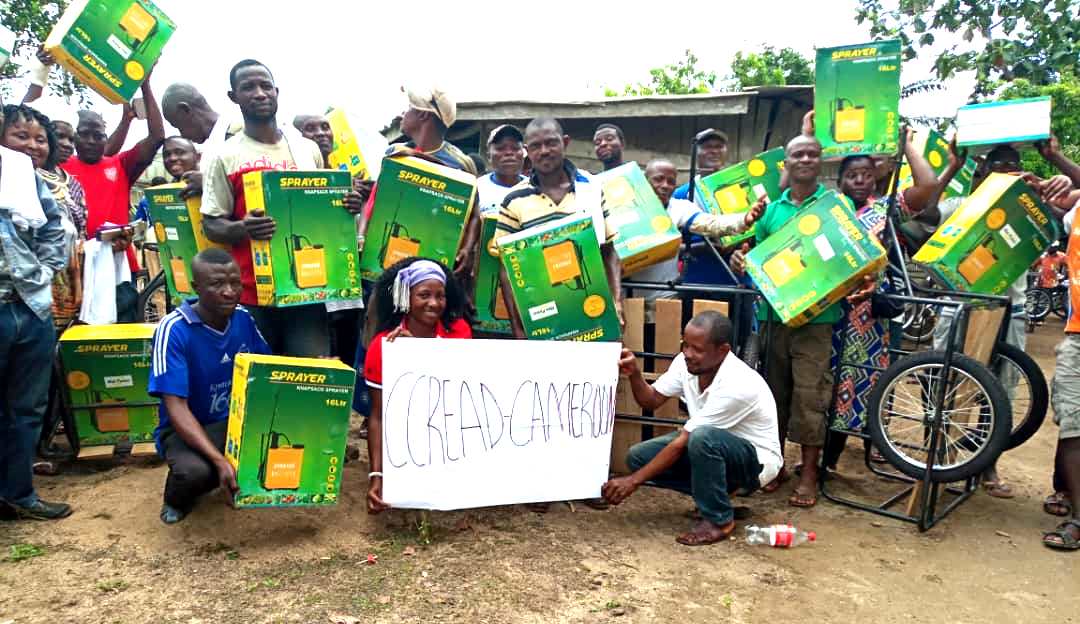Officials of the Centre for Community Regeneration and Development, CCREAD-Cameroon, have intensified their campaign to protect and save the rainforest in Kupe-Muanenguba Division.
The officials are also educating and empowering those who depend on it on other alternative means of livelihood.
[myAds]
The project is executed by training locals on alternative activities that do not threaten the forest.
The project, which is aimed at protecting rainforests through campaigns to end deforestation, illegal poaching and other activities that threaten the forest, has been going on in selected communities around the Bakossi National Park for over 12 months.
Commenting on the progress of the project so far, community members have recounted that CCREAD-Cameroon’s rainforest programme has drastically changed mindsets and transformed their way of life, by stopping people from depleting the forests. Other locals testify that CCREAD’s campaign has made them become friendlier with their natural environment.
[myAds]
The project, supported entirely by Cool Earth, a UK-based international rainforest protection charity, has so far been able to introduce and operationalise 10 community-led biodiversity conservation education and protection groups. Also, over 750 households, within seven communities, have been supported through alternative livelihoods.
A participant from one of the villages said in their community alone, over 350 people have received conservation education, while more than 150 household heads have received farming tools and equipment, which they are using to cultivate crops, rather than deplete the forests.
A multipurpose nursery has also been set up by CCREAD-Cameroon within communities and is helping about 250 farmers to regenerate their cocoa farms and mainstream agroforestry. CCREAD said such, the initiative, is an attempt to diversify sources of income and at the same time, protect the environment from indiscriminate exploitation.
In some of the communities targeted by the forest conservation project, locals have been trained and assisted to set up bee farms. CCREAD revealed that the bee farming project has assisted over 540 farmers. Apart from training the locals on beekeeping, the organisation also donated bee farming equipment to some members of the communities who are in charge of monitoring the bee farms.
Locals in the Deck community, who have been trained, expressed their eagerness, to start producing and marketing honey. CCREAD revealed that prior to this project, a good number of community members depended on hunting and trade in wildlife, as one of their major sources of income. The trend is drastically changing due to the enthusiastic rainforest protection education campaigns and the concrete sustainable livelihood interventions that CCREAD-Cameroon has progressively introduced.
In an interview, CCREAD’s Team Leader, Hilary Ngide, appreciated the commitment and enthusiasm of the communities, the collaboration of the traditional leaders and the support from women and youths, which he said accounted for the success rainforest conservation and livelihood diversification project. He appreciated Cool Earth, which he said is the only partner supporting the project. “Our wish is not to impose any solutions on the communities but we hope to work with all stakeholders in protecting rainforests, wildlife and at the same time improve the living conditions of forest populations”. He said. The Centre for Community Regeneration and Development, CCREAD, is a nonprofit organisation with UN Special Consultative Status. It is the first nonprofit from Africa to win the UNESCO Japan Prize on Education for Sustainable Development.
[myAds]
